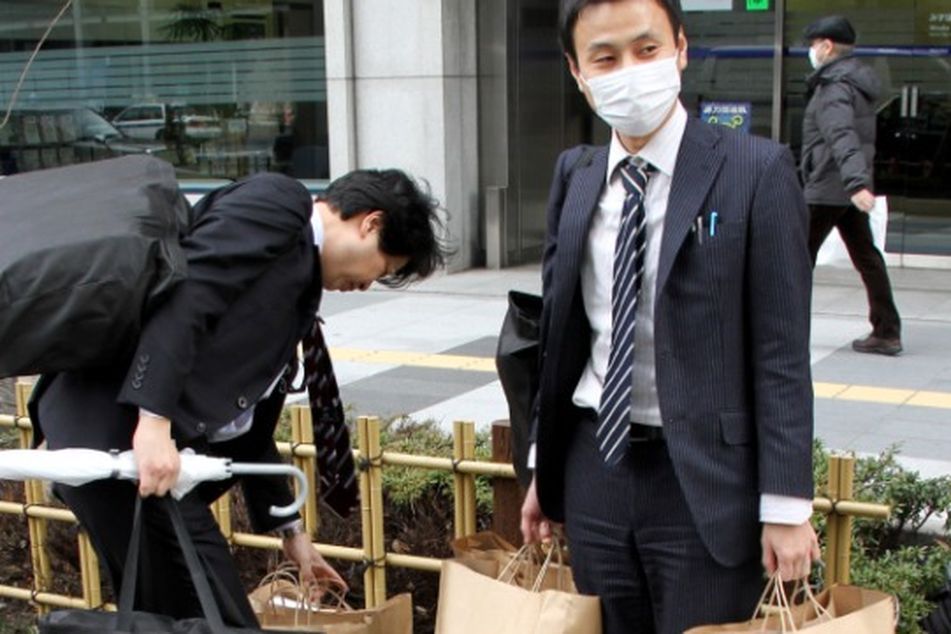After quake, companies in Japan may start hoarding cash, nixing dividends

Recent trend of making payouts to shareholders could be derailed by disaster, says First Eagle portfolio manager
The Japanese market should be in better shape to withstand the impacts from last Friday’s earthquake than it was in January 1995 when the Kobe earthquake struck, said Abhay Deshpande, portfolio manager of the First Eagle Global, Overseas, U.S. Value and Gold Funds.
“Unlike Kobe, when we were at 50 times earnings, the TOPIX index now trades at less than book value, and [Japanese] balance sheets are in much better shape,” Mr. Deshpande said in an interview. “So the likelihood of steep and permanent losses is less now.”
In 1995, the Japanese market sank about 25% in six months following the quake.
Mr. Deshpande declined to comment on his funds’ reaction to the tragedy, but in a note to shareholders this week, managers of the Global and Overseas Funds said they have used cash to “add to several names that we believe had sold off to indiscriminate levels.”
First Eagle, a deep value investor, has been positive on Japanese equities for the past several years. The First Eagle Global and Overseas Funds have about 18% and 29% of their portfolios in Japanese stocks, respectively.
For the Overseas Fund, Japanese stocks comprise the largest country weighting; the Global Fund holds about 31% in U.S. stocks, followed by Japanese issues.
Mr. Deshpande foresees two possible longer-term negative outcomes to the daunting predicament that Japan must overcome in the near term.
Over the past decade, Japanese management teams have being giving more attention to minority shareholders and increasing share buybacks and dividends, he said.
“So one thing I’m wondering is if this tragedy may set back the [shareholder] cause a little bit, by giving some credence to idea that Japanese corporations should hold onto their cash because of where they sit in the world,” Mr. Deshpande said.
Japanese managements have a concept of creating “1,000-year companies,” he said, meaning having enough cushion to withstand any shock.
The other issue could be disruption in the supply of electronic components used in goods produced in the rest of Asia, he said.
The Sendai area, which was hit hard by the tsunami, supplies half the world’s semiconductor wafer material, Mr. Deshpande said, “so at a minimum, there will be some supply-chain disruptions. This could be a shock for the electronic industries across Southeast Asia.”
Learn more about reprints and licensing for this article.





